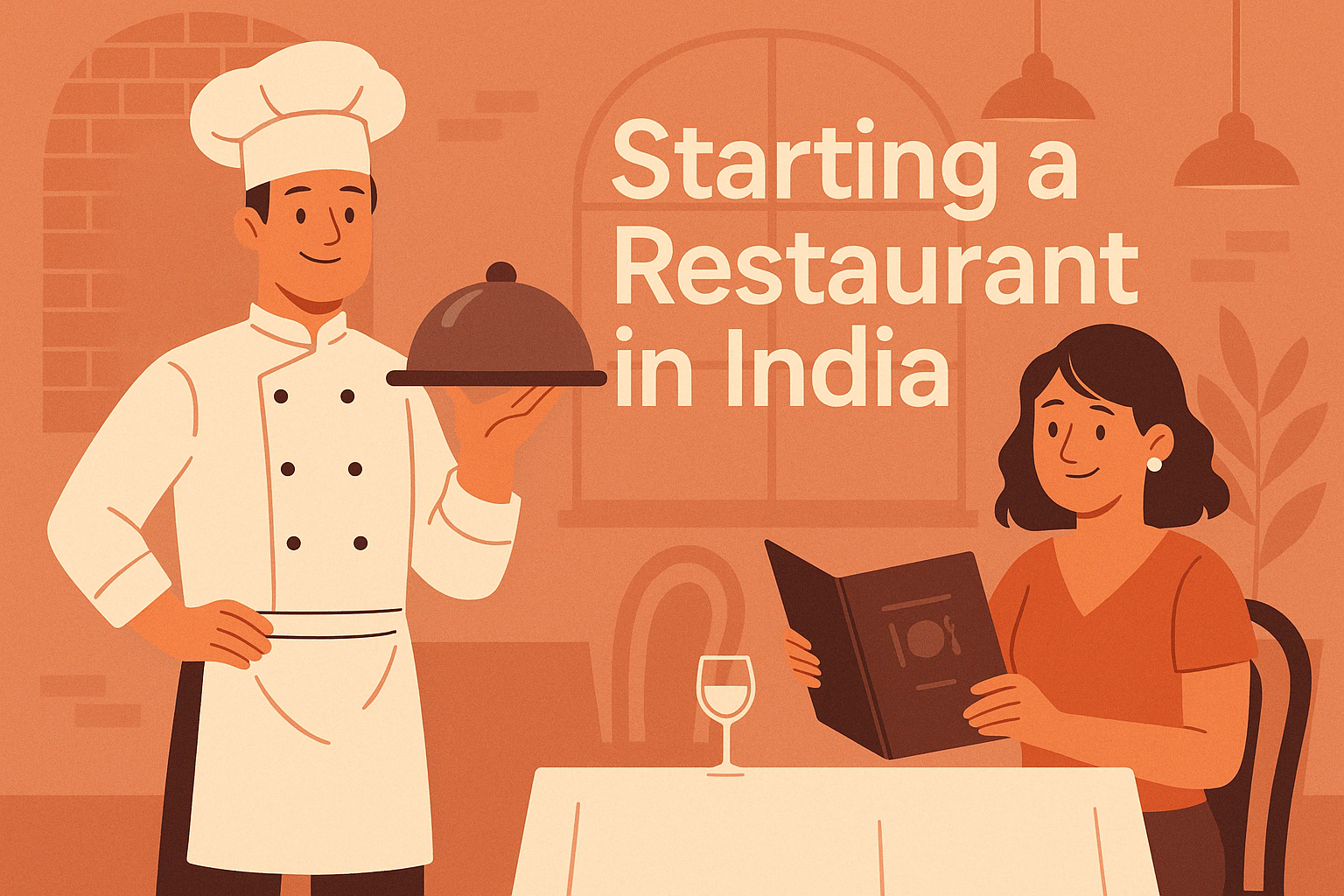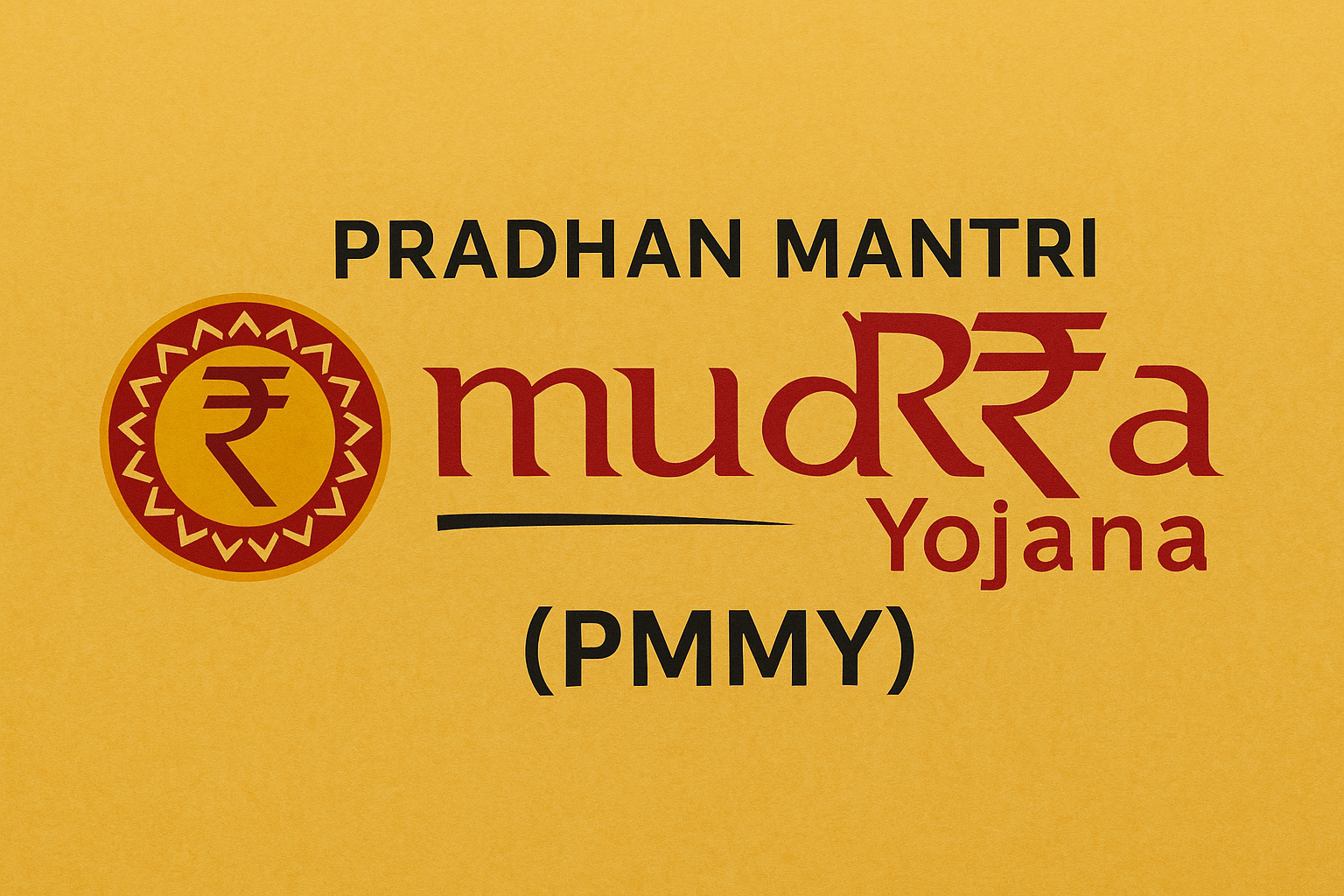
Starting a Restaurant in India
The food and beverages industry is one of the fastest growing industries in India spurred by urbanization and a fast growing middle class. The food service industry is currently estimated at 75,000 crore and is estimated to reach 1,37,000 crore in the year 2015 by the Indian Restaurant Congress held in 2013. With the rising disposable incomes, increasing population of youngsters, the growth of tier II and tier III cities and increasing urge to eat outside of home, it is no wonder the restaurant industry is growing and will continue to grow in the years to come. In this article we look at the rules, regulations and licenses required for starting a restaurant in India.
Choice of Business Entity
One of the first legal/financial decisions to be made by the entrepreneur in the path to starting a restaurant is to choose a business entity (i.e. Proprietorship, Partnership, Limited Liability Partnership, Private Limited Company or One Person Company). Each business entity has its own unique advantages and the best fit for your business will be determined based on the number of partners / investors, size of business and future plans. Further, with the recent introduction and low incorporation cost for Limited Liability Partnership’s and One Person Company in India, it is no longer advisable for entrepreneurs to start a restaurant business as a proprietorship / partnership firm. Proprietorships and partnership firms do not provide limited liability, continuous existence or separation of business/personal assets, when compared to Limited Liability Partnership, One Person Company or Private Limited Company. Therefore, it is advisable for a restaurant business to be started as a Limited Liability Partnership or One Person Company or Private Limited Company.
In instances where two or more persons come together to start a restaurant, Limited Liability Partnership or Private Limited Company is a very good option as these types of business entity are an association of two or more people. In case the restaurant will be owned and managed by a single entrepreneur, an One Person Company would be ideal or the single entrepreneur can enter into the business along with a family member (i.e., wife/husband, brother/sister, father, mother, relative) and opt for a LLP or Private Limited Company.
The annual sales turnover of the restaurant business in the first few years after inception will be a key indicator of the size of the business. In case the restaurant will gross an annual sales of more than Rs.40 lakhs in the first few years, we recommend that the business be started as a Private Limited Company or One Person Company. In case, the annual gross sales of the restaurant business will not exceed Rs.40 lakhs or the capital contributed towards the business will not exceed Rs.25 lakhs, a LLP is advisable as LLPs with less than Rs. 40 lakhs of sales and less than Rs.25 lakhs of capital contribution do not have to have its accounts audited.
In addition to the number of partners/investors and size of the business, future plans also play a major role in deciding the type of business entity to use for the restaurant business. In case, the entrepreneur has plans for raising bank loan or private equity, a Private Limited Company is always recommended, as Private Limited Company’s ownership is decided by shareholding and the shares of a private limited company can be diluted to raise capital for the business. Also, in case the entrepreneur has plans to establish a chain of restaurant or create a franchising model, a Private Limited Company is recommended.
Food Business Operator License
The Food Safety and Standards Act, 2006 necessitates a Food Business Operator license for anyone involved in the production, processing, import, distribution and sale of food product within India. Therefore, all restaurants need to obtain a Food Business Operator license from the Food Safety and Standards Authority of India. The purview for licensing restaurants fall under the state level licensing authority and can be easily obtained prior to starting the operations of the restaurant. The food business operator license is granted for 1 year and is renewable.
Shop & Establishment License
The Shop and Establishment Act is regulated by the Department of Labor and regulates premises wherein any trade, business or profession is carried out. This act regulates areas such as working hours, rest interval for employees, opening and closing hours, closed days, national and religious holidays, overtime work, rules for employment of children, annual leave, maternity leave, sickness and casual leave, etc., Shop & Establishment License can be obtained by applying to the State Chief Inspector of Department of Labor.
Service Tax Registration for Restaurant
The 2012 Budget levied service tax on all air-conditioned restaurants that serve liquor. The 2013 Budget expanded the service tax applicability to all restaurants that are air-conditioned. Therefore, all restaurants that are air-conditioned are required to obtain service tax registration if their annual sales will be more than Rs.10 lakhs. Currently service tax is chargeable at 4.94% in air-conditioned restaurants.
VAT Registration for Restaurant
VAT is levied by the State Government on sale on any goods or items, and the food sold in a restaurant is liable to be taxed under VAT. Therefore, restaurants must obtain VAT registration from the State authorities. VAT is levied by the State Government and so each state government has different rates of VAT.
Trademark Registration for Restaurant
In case the entrepreneur has plans for opening a chain or restaurant or for investing significant amount of time and money into branding, it is advisable to obtain a trademark registration. Trademark registration would provide ownership over the intellectual property created and help deter the use of the branding by competitors.
Bank Loan for Restaurant
Often times a bank loan is required for many entrepreneurs to start a restaurant, and there are many banks that are willing to lend. The sanction of bank loan for restaurant will mainly depend on factors such as proposed business model, experience of promoter and collateral security offered. There are also schemes like the CGTMSE Scheme which provides loan without any collateral; in such cases, the proposed business model and experience of the promoter has to be very strong. Either ways, it is recommendable to approach your nearest banker, discuss the business plan and explore ways to establish a relationship with the bank.


